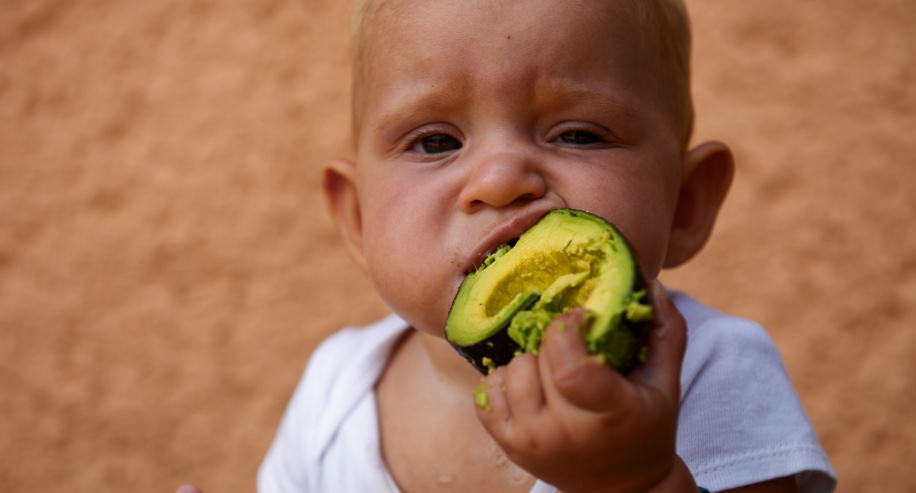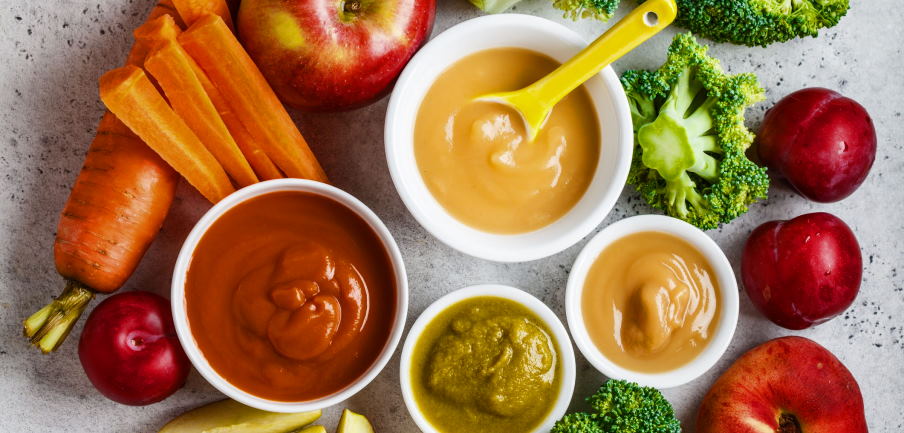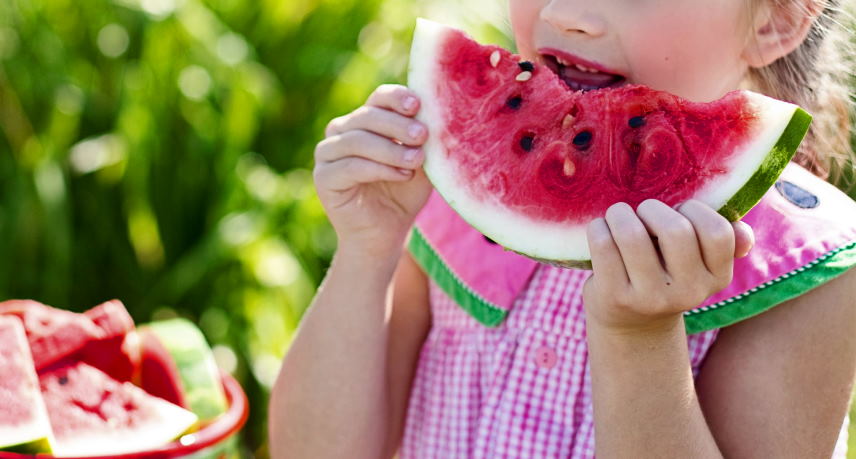Introducing Veganism to Your Young Child – Guidelines for a Healthy Diet
When you think of veganism, what comes to mind? A diet without meat or dairy products? Maybe you envision someone passionate about animal rights and the environment. Whatever your image of a vegan might be, there is one important thing to remember: veganism is a healthy lifestyle choice for people of all ages, including children. Introducing your young child to a vegan diet can seem daunting, but careful planning can be a fun and easy process. The following tips will help ensure that your child’s vegan diet is nutritious and well-balanced.

Top reasons to introduce a vegan diet to your young child
You might want to consider introducing a vegan diet to your young child for many reasons. Some of the top reasons include:
- It can help them develop healthy eating habits.
A vegan diet is typically lower in saturated fats and cholesterol and higher in fiber and antioxidants than an omnivorous diet. This can help your child develop healthier eating habits that they can carry into adulthood.
- It may improve their overall health.
Studies have shown that a vegan diet can reduce the risk of developing obesity, heart disease, high blood pressure, type 2 diabetes, and certain types of cancer. Introducing your child to a vegan diet early on can help them enjoy these health benefits throughout their life.

- It can teach them about compassion for animals.
Many children are naturally drawn to animals and have deep compassion for them. Introducing a vegan diet can help reinforce these values and teach your child the importance of respecting all living creatures.
- It can help the environment.
A vegan diet requires less land, water, and other resources than a meat-based diet. This can help reduce your family’s ecological footprint and positively impact the planet.
- It can be delicious!
There are endless possibilities when it comes to vegan recipes, so you can be sure your child will never get bored with their meals. With a little creativity, you can make vegan versions of all your favorite dishes.
If you’re considering introducing a vegan diet to your young child, these are just a few reasons to do so. With so many benefits, it’s definitely worth giving veganism a try!
Tips to transition children to a vegan diet
If you’re considering a vegan diet for your children, or if you’re already vegan and want to ensure that your children are getting all the nutrients they need, there are a few things to keep in mind.
First, it’s important to ensure that your children get enough calories. A vegan diet can be very healthy, but if your child is not getting enough calories, they may become malnourished. So make sure to offer high-calorie foods such as nuts, seeds, nut butters, avocados, and coconuts, as well as starchy vegetables like potatoes and corn.

Second, it’s important to ensure that your children get enough protein. Protein is essential for growth and development, and a vegan diet may not provide enough protein for your child. Good sources of vegan protein include tofu, tempeh, seitan, lentils, beans, quinoa, and buckwheat.
Third, it’s important to ensure that your children get enough essential fatty acids. Essential fatty acids are necessary for brain development and health. Good sources of vegan omega-3 fatty acids include flaxseeds, chia seeds, hemp seeds, and walnuts.
Fourth, it’s important to ensure that your children get enough vitamins and minerals. A vegan diet can be low in some vitamins and minerals, so it’s important to supplement with a multivitamin/mineral supplement or offer foods fortified with vitamins and minerals. Good sources of vegan vitamin B12 include nutritional yeast, fortified plant milk, and fortified cereals.
Finally, it’s important to ensure that your children get enough fiber. Fiber is essential for good digestion and health. Good sources of vegan fiber include fruits, vegetables, whole grains, legumes, and nuts.
By following these tips, you can transition your children to a vegan diet in a healthy way.

 We are dedicated to helping parants. We care about the health, safety, and happiness of our children. We are supportive and positive. We believe in leveraging technology to save time and money. We share. We give back. We value our family, friends, and our team at My Sandy Hook Family Fund.
We are dedicated to helping parants. We care about the health, safety, and happiness of our children. We are supportive and positive. We believe in leveraging technology to save time and money. We share. We give back. We value our family, friends, and our team at My Sandy Hook Family Fund. 